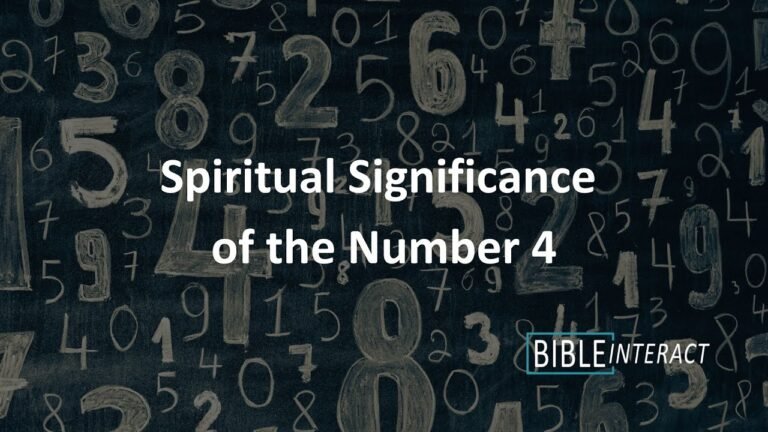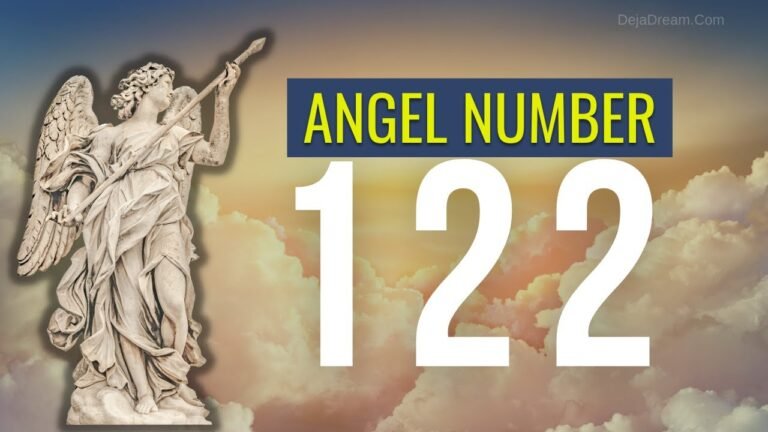The Origin of the Term Xmas
As the festive season approaches, many people find themselves wondering: why is it called Xmas? This abbreviation, often seen in holiday greetings and decorations, has a rich historical background that intertwines language, culture, and religion. Understanding the origins of Xmas not only sheds light on the evolution of Christmas traditions but also challenges the misconceptions surrounding its use. Join us as we explore the fascinating story behind this familiar term and its significance in contemporary celebrations.
Why is it referred to as Xmas?
The term “Xmas” is a clever abbreviation rooted in history and language. The ‘X’ symbolizes the Greek letter Chi, the initial of the word Christós, which translates to “anointed” and ultimately leads to the English word Christ. Meanwhile, the suffix ‘-mas’ derives from the Old English term for Mass, reflecting the religious significance of the holiday. Together, these elements encapsulate the essence of Christmas while presenting a modern twist on its traditional name.
What is the origin of the name Xmas for Christmas?
The term “Xmas” has its roots in the early Christian church, where the letter X served as a secret symbol for Christ. This shorthand was particularly useful for believers who sought to discreetly identify themselves during times of persecution. By using the letter X, early Christians cleverly conveyed their faith while maintaining a level of secrecy about their gatherings and celebrations.
The Greek word for Christ begins with the letter Chi, which is represented by the letter X in the Latin alphabet. Thus, the abbreviation “Xmas” effectively translates to “Christ Mass,” preserving the essence of the holiday while providing a more concise form. Over the years, this alternative spelling has gained popularity, especially in commercial contexts, while still honoring the significance of the celebration.
As the holiday season approaches, many embrace the spirit of Christmas, regardless of how it’s spelled. Whether you prefer “Christmas” or “Xmas,” the joy and warmth of the season remain universal. From festive gatherings to heartwarming traditions, the essence of the holiday brings people together, reminding us of the importance of community and celebration.
Why is it referred to as Xmas instead of Christmas?
The abbreviation “Xmas” is rooted in the ancient Greek language, where the word for Christ is Christós. The first letter of this word, Chi, is represented by the Greek letter Χ. This transformation from Greek to English illustrates how language evolves and adapts over time.
As the use of the Greek alphabet spread, the letter Chi began to be used as a shorthand for Christ. This abbreviation was not only practical but also became a symbol that captured the essence of Christmas, allowing for a more concise representation of the holiday while maintaining its significance.
Today, “Xmas” is widely recognized and accepted as an alternative to “Christmas.” While some may view it as a casual or secular term, it serves as a reminder of the rich linguistic history that underpins our modern celebrations, reflecting how traditions can be both preserved and transformed through language.
Unwrapping the History Behind Xmas
Christmas, celebrated by millions around the world, has roots that stretch back centuries, intertwining pagan traditions, Christian beliefs, and cultural practices. Originally, the festive season coincided with the winter solstice, marking the return of longer days and the rebirth of the sun, celebrated by ancient civilizations with feasts and merriment. As Christianity spread, these customs were gradually absorbed, leading to the establishment of December 25th as the birth date of Jesus Christ, a day that would evolve into a time of giving, family gatherings, and joy. Today, Christmas is a vibrant tapestry of ancient rituals and modern festivities, reflecting a rich history that continues to inspire unity and goodwill.
A Brief Journey Through Time and Language
Language is a living tapestry, woven from centuries of human experience and cultural exchange. From the ancient hieroglyphs of Egypt to the digital dialects of today, each era has left its mark on our communication, shaping how we express thoughts, emotions, and ideas. As civilizations rose and fell, languages evolved, borrowing and adapting, creating a rich mosaic that reflects our collective history. This journey through time reveals not just the mechanics of words, but the profound connections between people, their environments, and the stories they share, reminding us that every conversation is a bridge linking past and present.
The Evolution of Christmas in Abbreviation
Christmas has transformed significantly over the years, evolving from a deeply religious celebration into a widely embraced cultural phenomenon. Initially rooted in Christian traditions, the holiday has absorbed various influences, leading to the commercialization of festive practices, such as gift-giving and elaborate decorations. As society became more fast-paced, the abbreviation of Christmas to “Xmas” emerged, reflecting a shift toward convenience and modernity. This shorthand not only highlights the holiday’s adaptability but also signifies a blending of cultural expressions, allowing people from diverse backgrounds to partake in the joy of the season, regardless of their beliefs. Today, Christmas stands as a testament to the changing landscape of tradition, uniting people in celebration, regardless of how they choose to express it.
From Christ to Xmas: A Linguistic Exploration
The transition from “Christ” to “Xmas” illustrates the fascinating evolution of language and culture over centuries. The term “Xmas” originated as an abbreviation, where the “X” represents the Greek letter Chi, the first letter of “Christ.” This linguistic shift highlights how religious significance can be encapsulated in simple symbols, making the concept more accessible to a wider audience. As society evolved, so too did the ways people expressed their beliefs and traditions, leading to a rich tapestry of language surrounding the Christmas celebration.
As the holiday transformed into a more secular and commercial event, the use of “Xmas” became increasingly popular. This change reflects broader societal trends where religious connotations sometimes give way to cultural practices. The abbreviation allows for a casual and inclusive approach, enabling people from diverse backgrounds to participate in the festivities without necessarily invoking the religious origins of the holiday. This linguistic adaptation showcases how language evolves to meet the needs of its speakers, accommodating changing values and beliefs.
Despite its secular connotation, the term “Xmas” continues to spark debate about the preservation of the holiday’s original meaning. While some advocate for retaining “Christmas” to honor its Christian roots, others embrace “Xmas” as a symbol of inclusivity and modernity. This ongoing conversation demonstrates the dynamic nature of language, reflecting the complexities of identity and tradition in a rapidly changing world. Ultimately, the journey from “Christ” to “Xmas” serves as a compelling reminder of how language can bridge the gap between history and contemporary culture, adapting to the times while still honoring its origins.
The term Xmas serves as a fascinating intersection of tradition and modernity, encapsulating centuries of cultural evolution surrounding the celebration of Christmas. By using the letter X, derived from the Greek word for Christ, the abbreviation not only streamlines our language but also invites a broader interpretation of the holiday’s significance. As we embrace this shorthand, we are reminded that the essence of the season transcends its name, celebrating joy, generosity, and togetherness in various forms.







